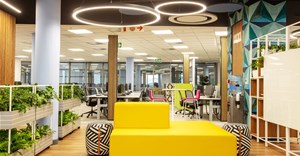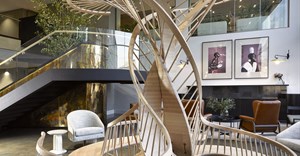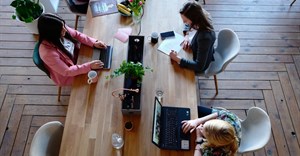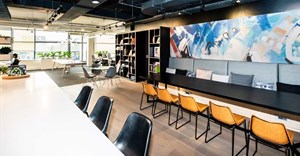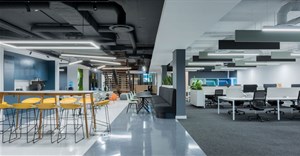Subscribe & Follow
Trending
How technology will continue to impact workspace design in 2020
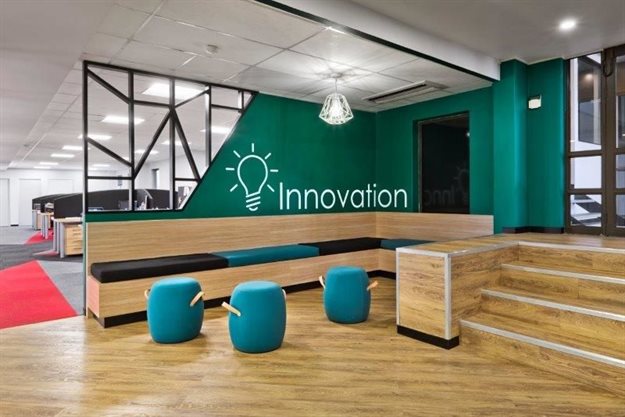
Companies are increasingly looking at optimisation in order to cut costs and overheads, which is where the concept of the ‘smart office’ is coming into its own. This not only seeks to improve the workplace, but to minimise companies’ impact on the environment, all based on effective and measurable intelligence. “Design is becoming much smarter as a result. It is all about using technology to streamline workspaces in terms of mobility and agility,” Swiegers comments.
Budget-driven design guidelines
The fact that the company deals often with global corporates gives it increased exposure to international developments. However, economic constraints is a global phenomenon, which means increasingly that design guidelines are being budget-driven. Despite the price sensitivity of the market, Swiegers adds it is the responsibility of Trend Group to educate its customers about the long-term return on investment offered by sustainability.
Technology is even having an impact on furniture design, stresses Trend Group senior designer Candice Sheppard: “We are seeing some examples of technology integration into furniture items.” She points to sit-stand desks gaining popularity due to employee wellbeing becoming a central focus. The trend took off internationally with the health benefits it offers, and the South African market has adapted to the demand. Locally-designed and manufactured options are now readily available, whereas before these had to be procured globally, incurring significant costs and lead times.
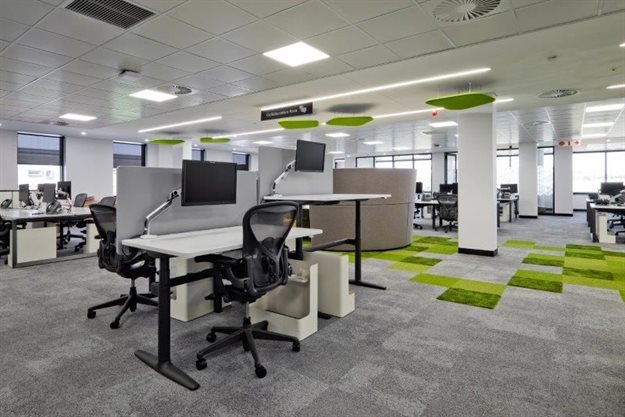
Competitive pricing critical
“We have to be smart about leveraging our local supply chain, as competitive pricing is critical. There are a lot of very good local suppliers that allow us to offer our international clients a more cost-effective alternative that is of comparable quality,” Sheppard highlights. Here the value of a trend such as sit-stand desks is also linked to the larger theme of employee and organisational well-being. “Technology not only represents an investment in a building, but more importantly in its employees as well.”
Building management systems (BMS) are becoming an increasingly popular means of maintaining and measuring a company’s sustainability and usage. This empowers employees to become more responsive and active building occupants, making them aware of their usage and the small efforts that contribute to saving.
The ongoing development of BMS in terms of its user-friendliness and easy interface also affects the type of data that can be collected and analysed. Traditionally, a desk-utilisation system was unable to determine the number of different users, or even the most popular areas of a workspace, whereas nowadays these systems can even be integrated across multiple locations globally. Thus a multinational can ensure, for example, that factors such as internal temperature and even air-con fan speeds can be benchmarked across a range of buildings for maximum efficiency.
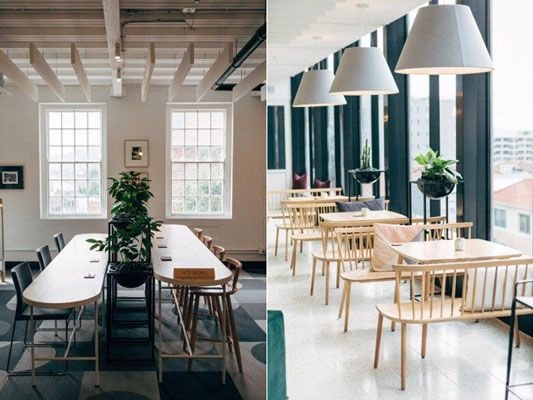
Back-up power supply systems
South Africa has become a leader in back-up power supply systems for buildings, with Swiegers pointing out that at present no developer can let a building without an appropriate genset solution in place. “This is a critical requirement, as no business can afford any prolonged disruption due to power outages.” In this regard, off-grid power supply options have yet to achieve commercial viability, especially as battery storage for solar power is still in its infancy, and only likely to become a viable option once economies of scale have been achieved.
Smart offices are also promoting the trend of smart working, which is likely to continue into 2020, Swiegers stresses. “We will continue to capitalise on this by responding in clever ways to assist companies in optimising their business structures, and being able to respond effectively to the prevailing economic conditions. Delivering this level of service will continue to give us the leading edge in the market.”







